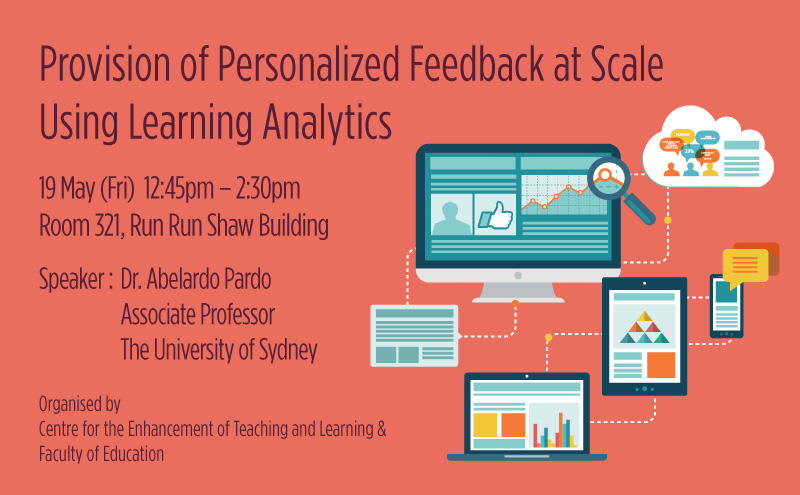
By the courtesy of the Teaching Innovation Unit at the Centre for Teaching and Learning Development of the National Taiwan University (NTU), TELI participated in a professional development programme entitled “eProfessor” that was held on April 29-30, 2017 – the Labour Day long weekend. We have heard about the magic of this bootcamp from Professor Benson Yeh (former Director of the MOOC Project in NTU) for a couple of years – but seeing is believing.
- Blended with a Facebook closed group for pre-event communication and community building
- Intensive face-to-face sessions focusing on participatory learning
- Genuine sharing of successful and failing experiences by both invited speakers and participants
- Real-time support from organizing team: from video production to instructional design – prompt follow-up on the spot

Some 30 teachers showed up at the training. Before the face-to-face programme began, they were asked to prepare a Facebook post with a short smartphone-quality clip telling their fellow bootcamp members two things about themselves: one that is true, one that is false. The purpose is twofold: to get some experience about video-taking, and to break the ice in the group. As Rick Levin said, watching yourself on a screen could be horrifying for first-timers – so this pre-event assignment seemed to be a good warm-up exercise for everybody.
å
The highly participatory bootcamp features hands-on exercises, group work with peer-feedback, workshops and experience sharing. The topics included:
- Flipped classroom and peer-to-peer learning
- Practical lessons from pioneers of flipped classroom teaching and learning
- Instructional design for problem-based learning
- Pedagogical skills in an e-learning environment
- Tools to facilitate the visualization of teaching and learning materials (e.g., DIY video making software)
The intensive face-to-face sessions might look demanding, but they equipped members with the necessary skills and supporting network to jumpstart a forward change in technology-enriched pedagogical practices. In his sharing of flipping a civil engineering course, Professor Huang Yin-nan said it is important to have partners in an e-learning journey. Collaboration and interaction facilitate reflective practice, and provides an emotional safety net when teachers are in doubts and encounter frustrations. “We share both successful and failing experiences. In fact, very often we learn more from the latter,” he told the participants.

(Source: http://ntumoocs.blogspot.hk/)
Throughout the “eProfessor” initiative, challenges are matched by support. The 10-people strong Teaching Innovation Unit at the Centre for Teaching and Learning Development provided comprehensive support on-the-spot: from setting up closed groups on Facebook for your course, to getting filming equipment ready for lecture recording. They have also produced excellent tutorials for teachers’ self-learning. Here is a sample on proper lighting for video-taking:
https://youtu.be/V3pevaUNle0
Thank you NTU, we have so much to learn from you!


